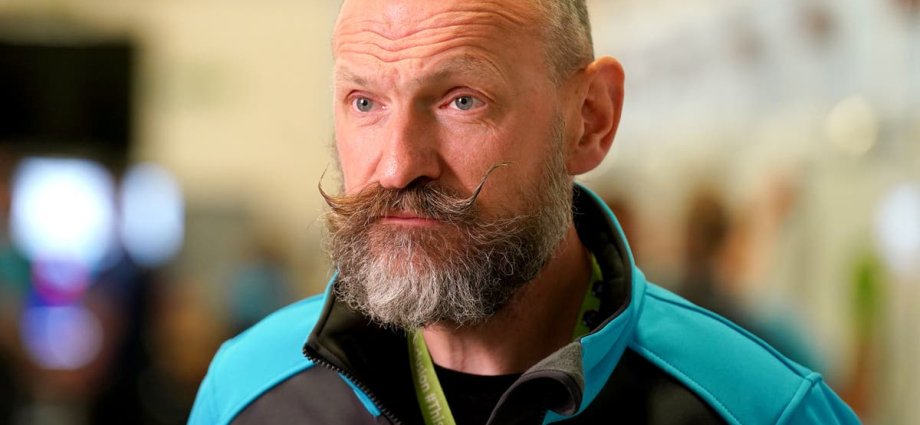Centrica is expected to post just under £1 billion in first-half operating profits next week, after it said energy markets had returned to a “more normalised” backdrop earlier this year.
The London-listed firm, which owns energy supplier British Gas, reports for the first six months of the calendar year on Thursday July 25.
It is set to post operating profit of £997 million for the period, analysts at investment bank Jefferies said, which is expected to account for about 62% of full-year earnings of £1.6 billion.
In 2022 and 2023, first-half operating profit accounted for 50% and 75% of the full year earnings, respectively.
Jefferies added in the research note that Centrica could be in a position to announce a fresh share buyback, after several tranches of buybacks already over the last year.
A share buyback is when a company buys its shares back from the marketplace, returning money to shareholders.
Such a move can sometimes cause companies’ stock prices to fall, so they usually only do it when they have plenty of cash and when the stock market is on an upswing.
“Centrica’s balance sheet continues to look attractive to us,” analysts said, citing a strong net cash position which is expected to be more than £2 billion over the coming years.
“With this, we see the possibility of the company providing an update on its capital allocation policy at (first-half) results which was originally set last year.”
Next week’s results come after Centrica confirmed that its year has been in line with its expectations, despite the energy market returning to a “more normalised” market backdrop following a drop in gas prices.
Last month, Centrica also fended off a potential shareholder revolt over its chief executive Chris O’Shea’s £8.2 million pay deal for last year.
Pensions and Investment Research Consultants (Pirc), the shareholder advisory group, had advised investors to vote against Centrica’s remuneration report, but 90% of shareholders backed the measures in June.
Separately, figures from regulators showed some 6.1 million households are still struggling to pay their energy bills, despite dropping prices.
Energy debt figures from Ofgem showed levels stand at a record £3.1 billion as of July 2.
National Debtline said its findings suggested 6.1 million people were struggling to pay their energy bills.
While the lower price cap would bring some relief, the service called for “urgent action” to help those facing unaffordable arrears.
As millions of people worry about keeping up with their energy payments, arrears levels have continued to increase and many have been left with unaffordable debts as a result.











